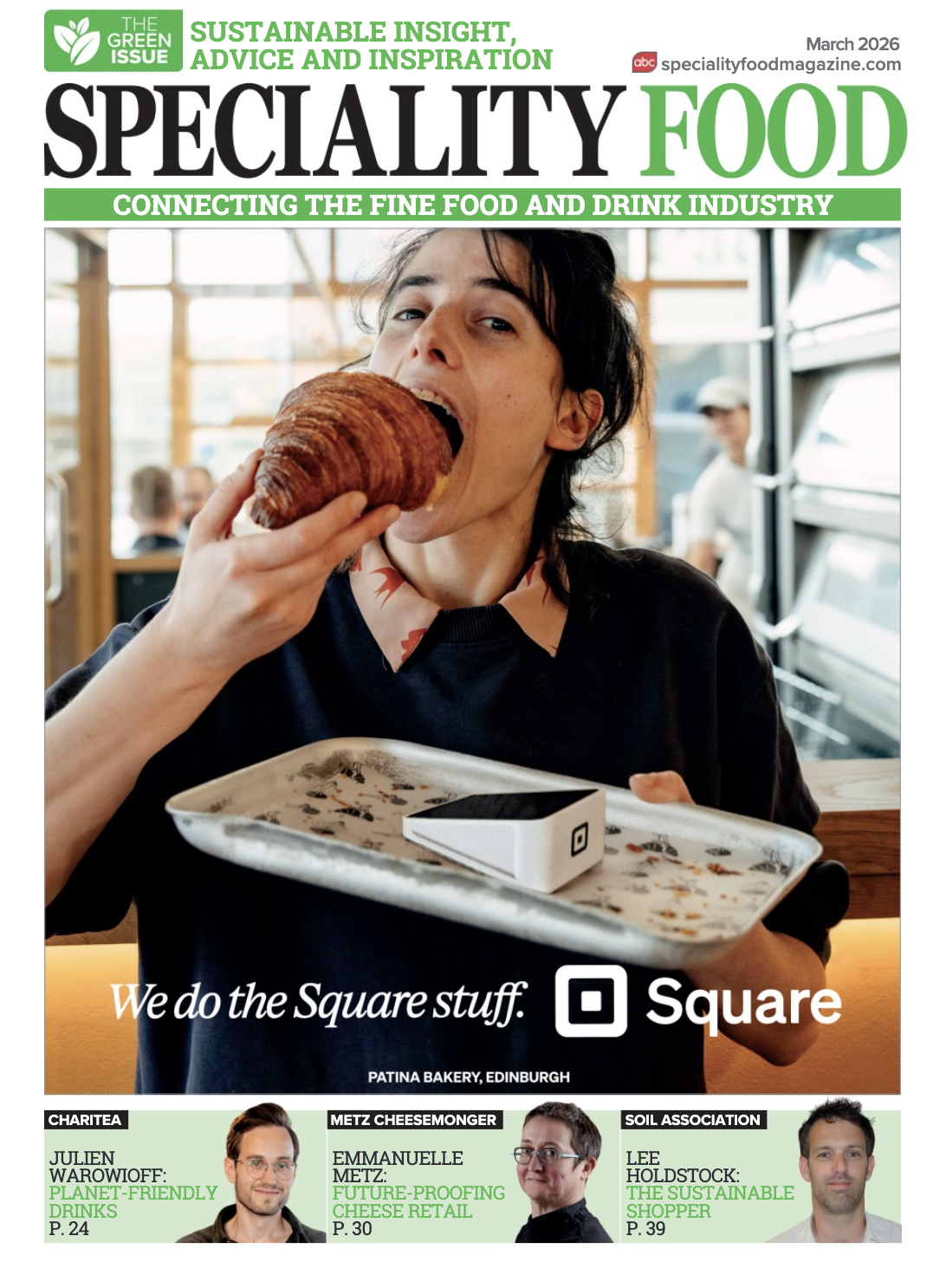“Monogamy: overrated?”

- “Sticky fingers”
- “Everyone’s a winner”
- “Myths and legends of Turophilia”
- “When ‘cheese’ is not cheese”
- “Don’t disrespect the Cheddar”
How many partners have you had? If it is a small part of your business, it may be that you use just a single supplier. If it plays a major part, multiple suppliers may be needed to achieve the range that you want
When I set up my shop, I leaned heavily on the advice of a couple of suppliers, both of whom spent time taking me through their ranges and making recommendations based on what they believed to be similar businesses. One even spent an entire day with me, helping set up, boosting confidence and demonstrating procedures that had worked for others. For the first fortnight I used these two exclusively. Both delivered via third party courier and we found the amount of packaging rather daunting to deal with in a small shop.
Other wholesalers heard that we had opened and pitched their catalogues. Many offered chilled delivery, meaning less packaging. Locally-based companies (with lower delivery costs to absorb) offered cheaper prices, improving margin. We also identified a couple of producers where we could sell sufficient volume to make direct buying (and collection) a workable solution. On the flip side, the chilled deliveries could only take place on fixed days, so we needed to have a stock buffer in case of demand spike. Thus those with 24 hour delivery remained vital as part of our supplier mix to enable top-ups when we had been exceptionally busy. Furthermore, we realised that the range we wanted still needed many quality lines that we could only source from a national supplier.
Suppliers that we tried and didn’t use again tended to fall at the following hurdles: difficult to order from; awkward or unreliable delivery times (goods left outside shop); poor back office (invoice queries and credit note blizzards taking up valuable time). We also discovered that some cheese suppliers were primarily focused on food service rather than retail – short shelf life goods were of limited use to us.
Concentrating our sourcing of cheese into just a few suppliers gave tangible benefits. In one instance we were able to secure additional discounts. When particular cheeses entered periods of short supply, we were able to secure good availability. We developed longterm relationships with our chosen suppliers that became partnerships. As a supplier got to know our trading pattern, they would make insightful suggestions, let us know of new cheeses that they were taking on and also pass on what they felt was happening in the broader market outside our particular trading area.
We realised that we had identified the right partners on the day that our chillers broke down and we had to dispose of all our stock. We placed restock orders with our two biggest partners just as soon as the electrician had given the nod that systems were functioning again. One made particular effort to recall their courier to collect, hours after the normal pick-up, and the other put on a special van delivery so that we had stock and were able to trade again the following day. I think that neither delivery was profitable for the suppliers, but their commitment more than lived up to the words of the marriage vow: “For better for worse, for richer for poorer, in sickness and in health”!
more from Town Crier
-
“Black and White thinking”
08 August 2019 Town CrierLast time around I suggested trumpeting the benefits of the produce we offer, and the importance of conveying its taste and of making each purchase viscerally appealing. -
“We’re a resourceful bunch”
17 May 2019 Town CrierIt’s almost exactly 10 years ago that I sat down to create the first business plan for my cheesemonger. -
“Waxing lyrical”
12 February 2019 Town CrierOn a family holiday to Normandy in 1965, my parents and their adult friends were hugely excited by Livarot and Camembert – seldom seen back home in Hampshire.

